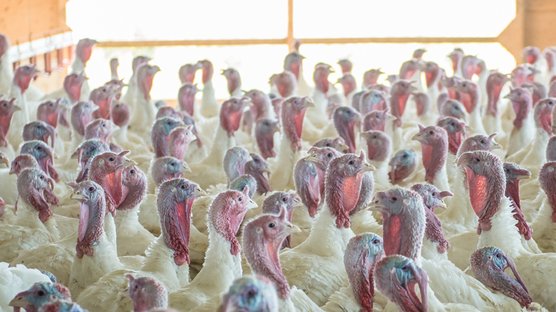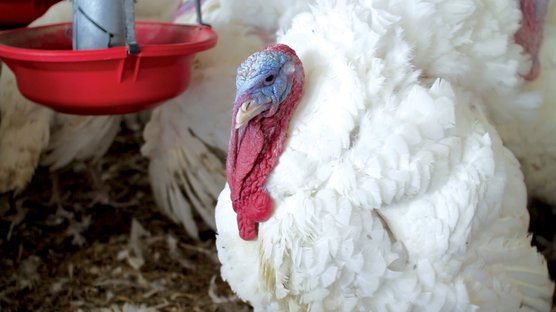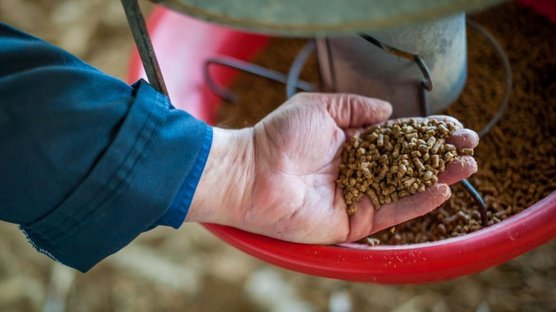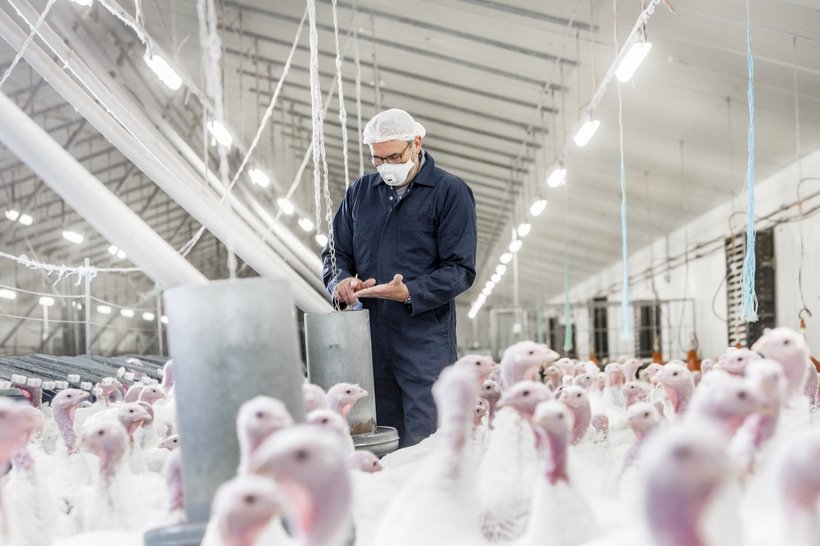
Published on June 19, 2023
Prepare your turkeys for summer with these nutrition recommendations
As producers begin to prepare for summer, nutritional needs are one area of importance. Balanced modifications to your turkeys’ diet can ensure that they are receiving all the protein, amino acids, and minerals they need to maintain performance.
Recently, we published new nutrition guidelines for the European market to ensure optimal performance. As part of these new guidelines, a Female Layer 3 diet for parent stock birds in the production stage has been specifically formulated for the summer season when temperatures rise above 30°C. Click here to view.
Producers should do everything they can to keep their turkeys comfortable in the summer season. Proper tunnel ventilation can be used to maintain optimal temperature and humidity. This is crucial for animal welfare and to ensure that birds continue to lay eggs and achieve target bodyweight. Unfortunately, there are instances when it is unavoidable for the birds to experience high temperatures, for example in the middle of a heat wave. In this situation, producers can use this modified diet to maintain growth and performance.
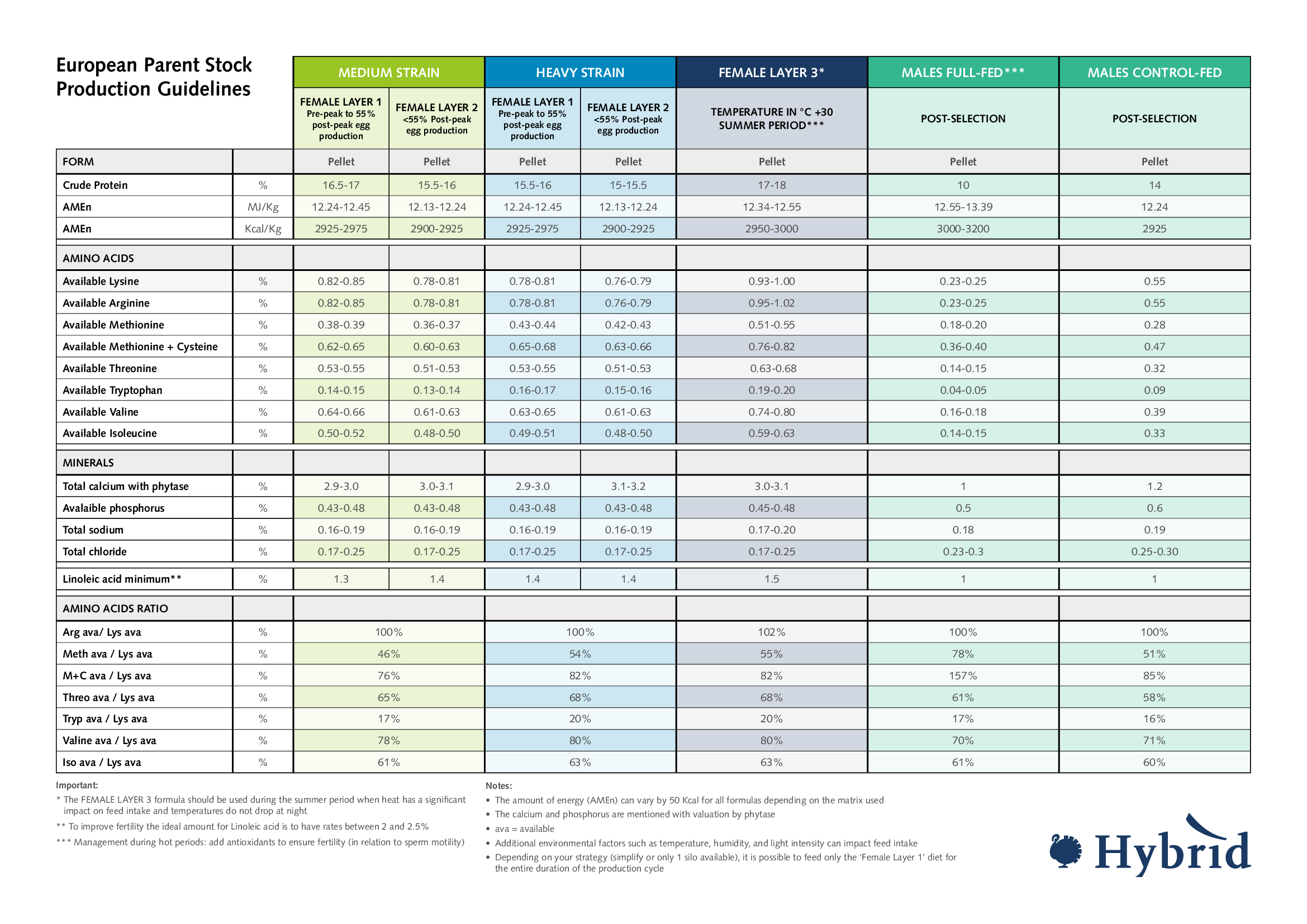
What are the effects of high temperatures on turkey behavior?
When temperatures rise, the natural effect is for turkeys to eat less. This is because birds generate heat during the digestion process, and so the turkeys will eat less to stay cool. When feed consumption drops, this means that the hens are not receiving the right amount of nutrients that is needed for egg production and to maintain body weight. Egg weight, size, quality, and production levels can all be negatively affected by a drop in feed consumption.
How does this diet address a reduction in feed consumption?
This diet takes our typical PS hen diet and concentrates the nutrients. So even if the birds eat less feed, they can have the same amount of nutrients or at least the minimum level of nutrients needed to maintain laying needs. The most important change in this diet is the increase of amino acid levels. These nutrients are very important for egg production and persistency.
What was the method of changing this diet?
It is important to note that the nutrients have been concentrated in a balanced manner. It is important not to significantly increase the level of crude protein and minerals or else this change can negatively affect behavior, consumption, or gut health. For example, a dramatic increase in proteins can be linked to enteritis of the gut. The new guidelines also show a minor increase of minerals since these nutrients are important in maintaining the correct electrolyte balance and allowing the digestive tract to regulate itself.
What are some other recommendations for nutrition in the summer season?
In parent stock rearing and for commercial turkeys, it is important that producers allow the birds to reach the correct bodyweight before changing diets from one stage to the next. Because it is typical that the birds will eat less in the summer, the turkeys may need more time to reach the target bodyweight before progressing to the next nutritional stage in their diet.
For more recommendations on hot weather management, visit our resources

